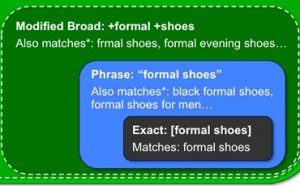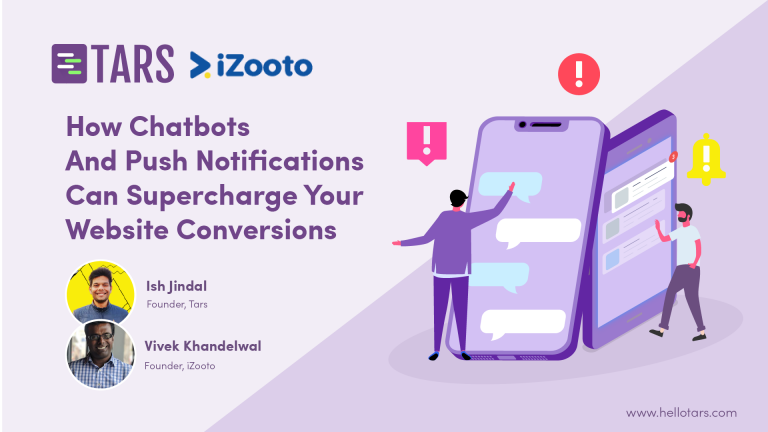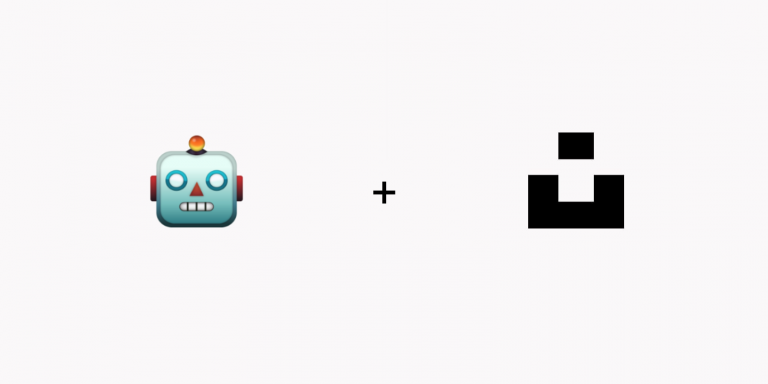Reduce PPC Spend in 2019 While Still Driving Exceptional Results

Hearing the words “we need to reduce ad spend” from your boss or client is never a great start to a conversation.
A million questions run through your head.
- Why is my boss/client unhappy with performance?
- Why now?
- Will performance nosedive?
- What did I do wrong? Am I going to get fired? Ahhh, why me?
Unless you purposely do an awful job managing pay-per-click (PPC) campaigns, the reason for the budget decrease may be firmly outside of your control. Increased competition could be eating away at your company’s sales (and marketing budget). An overwhelmed sales staff might not be able to handle all the new PPC leads you are sending them. Or, (as our friends at Tars predict), advertisers may be proactively tightening budgets in the face of an economic downturn.
Take a deep breath. It’s possible to lower PPC spend while still driving exceptional results. Learn how to cut wasted spend, eliminate budgeting errors, and optimize your conversion experience to help lower costs and make campaigns as effective as possible.
Scrutinize Your PPC Account Strategy
Few things waste a PPC budget faster than poor account strategy. Just because you launched your ad campaigns utilizing best practices doesn’t mean that you can get complacent. Failing to add negative keywords and placements on a regular basis is just as harmful and expensive as using all broad-match keywords in your paid search strategy.
Error-Proof Your Analytics:
Website analytics tools such as Google Analytics are essential for measuring advertising campaign effectiveness. Before you do anything else, confirm
1) Your analytics tool is implemented properly
2) Tracking parameters are appended to your URLs and
3) Conversions (the desired actions you want your website visitors to take) are set up.
Analytics data will help guide you on which elements of your strategy can be cut or changed without impacting revenue.
Modify Match Types:
If your paid search strategy relies heavily on broad match keywords, the good news is that you can likely save a chunk of change quickly. The ‘broad match’ match type gives ad platforms wide authority to show your ads for search terms they deem close to your keywords including synonyms, misspellings, and “other relevant variations.”
Analyzing search query reports on Google Ads and Bing Ads will tell you if the search terms your ads are showing for are relevant. If they’re not, test using stricter match types (broad match modified and exact) to eliminate wasted spend and improve engagement metrics.

Get Negative:
If you found that your ads were showing for lots of unrelated searches in the last step, it’s time to get negative! Negative keywords proactively prevent your ads from showing on irrelevant or harmful searches and save you valuable ad dollars. “Jobs”, “salaries”, and “DIY” are just a few you can add to stop attracting people unlikely to purchase. Audit your search queries at least 1-2 times a month. If you’re using display targeting, review your placements report and add poor performing websites as negative placements as well.
Nix What’s Not Converting:
Here’s where analytics data is key. You should be regularly analyzing your campaign strategy to build upon what works and eliminate what doesn’t. Are all the elements of your campaigns working in tandem to drive conversions or have a few gone rogue? You can evaluate and tweak all of these elements individually until you find the optimal combination to drive positive ROI: keywords (or display targets), ad text, location targeting, demographic targeting, dayparts, bids, and ad networks.
Eliminate Budgeting Mistakes
Simple budget errors can have disastrous consequences on ad performance especially if mistakes aren’t caught immediately. Have you ever added a few extra zeros to a campaign daily budget? Mistracked ad spend because of a spreadsheet formula error? Had an angry client request money back because you overspent their budget? One of the simplest ways to reduce spend wasted by budgeting mistakes is to never make mistakes in the first place.
Create Checks and Balances:
Compare spend data in your tracking tool or spreadsheet frequently against data from advertising platforms.
Use Multiple Tracking Methods:
Have a primary and a backup method you use to compare results. If you can’t afford two tracking solutions (monetarily or time-wise), look for ways to cross-check data within one tool (example: create client-specific and all-client tracking reports to compare).
Test Software Solutions:
PPC management software is incredibly useful in helping you scale workload and reduce errors. Many ppc budgeting/reporting software solutions offer free trials, or you can build your own using advertising platform APIs.
Redesign Your Landing Page Experience
You did it. You drove an interested searcher to your website with promises of fame, riches, and happiness…or, better yet, an exceptional product or service. Is your landing page enticing enough for the visitor to interact with you? Don’t pay for visitors to only have them bounce immediately. Make sure your targeting, ad text, and landing page are all aligned to help convince users to convert into leads and ultimately paying customers.
Match Your Messaging:
You wouldn’t be happy if you told a cab driver to take you to the airport and they dropped you off at the train station instead. Now apply this idea to PPC ads. Why would you waste valuable ad dollars directing a searcher to a landing page that is irrelevant to their search? When the messaging and calls-to-action in your ads align closely with your landing pages, visitors trust your website will provide them the information they need. Test mirroring elements such as your ad headlines and your landing page H1s/H2s to better engage with more PPC visitors.
Keep it Simple:
When utilizing PPC landing pages, ask yourself: “When a searcher clicks from my ad to my landing page, is it clear what step they should take next?”
It’s tempting to overwhelm your visitor with every detail about your product or service and five different ways to “convert.” In truth, that often leads to paralysis; the visitor has so much information they don’t know what to do next. Landing pages should inform (but not overwhelm) visitors and should have a low attention ratio that makes it clear to visitors what step you want them to take next.
Conversations Drive Conversions:
Even if you master the art of creating highly relevant, easy-to-use PPC landing pages, you can never guarantee all visitors will stick around and turn into prospects. Chatbots can help you make a major leap forward in engagement over static landing pages and forms and help you cut wasted ad spend! Chatbots interact with your website visitors to teach them about your products or services. You can make a chatbot’s welcome text and conversation flow unique to a specific PPC campaign to achieve “message match” as well.
Conclusion
PPC budget conversations don’t have to be painful if you know how to cut ad spend wisely. Ensuring you have a solid PPC strategy, a trustworthy budget management system, and a highly-engaging landing page experience will help you drive success at any budget level.
Nicole is a former PPC analyst, department head, and product manager. She now focuses on marketing and customer success for Shape.io, a PPC management software for agencies.
Recommended Reading: Check Out Our Favorite Blog Posts!

How We Created A Newsletter That Helps Us Close $50k Deals From Cold Leads

[Webinar] How Chatbots And Push Notifications Can Supercharge Your Website Conversions

Why We Created the (Unofficial) Unsplash Chatbot

Our journey in a few numbers
With Tars you can build Conversational AI Agents that truly understand your needs and create intelligent conversations.
years in the conversational AI space
global brands have worked with us
customer conversations automated
countries with deployed AI Agents




